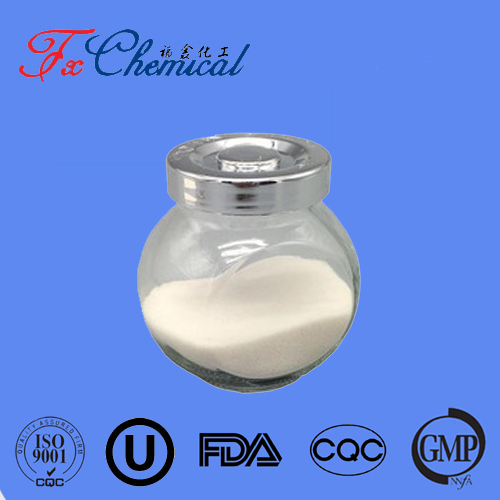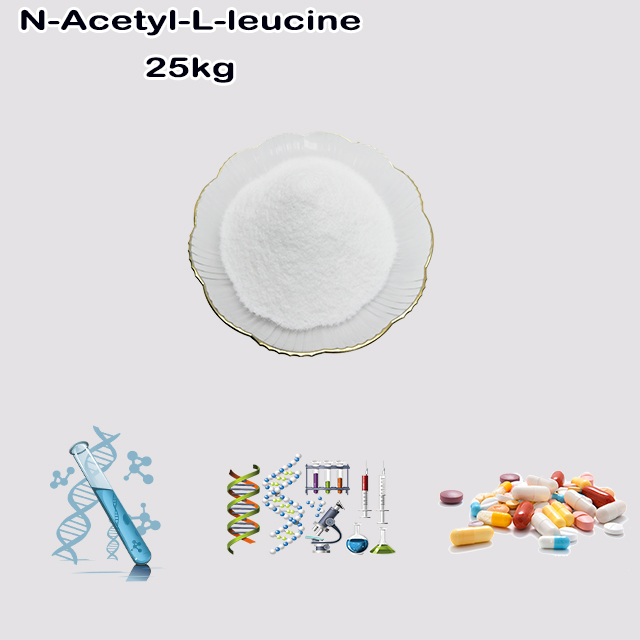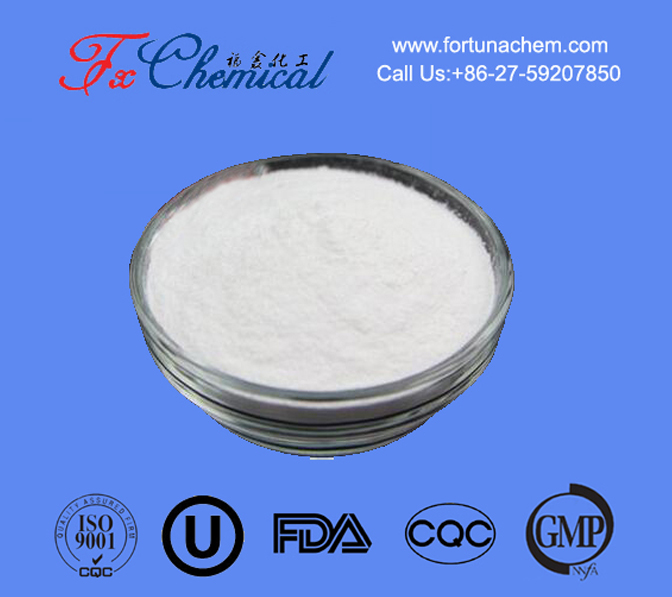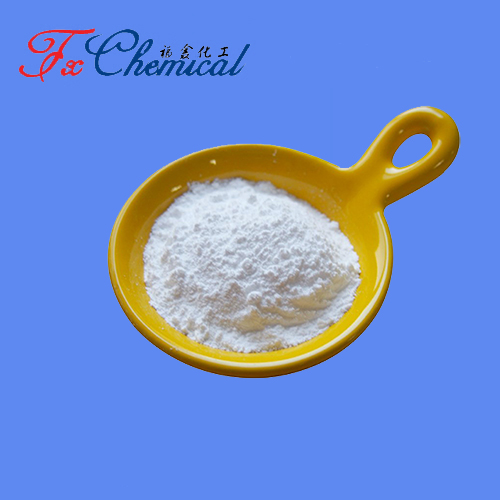
Search

Search

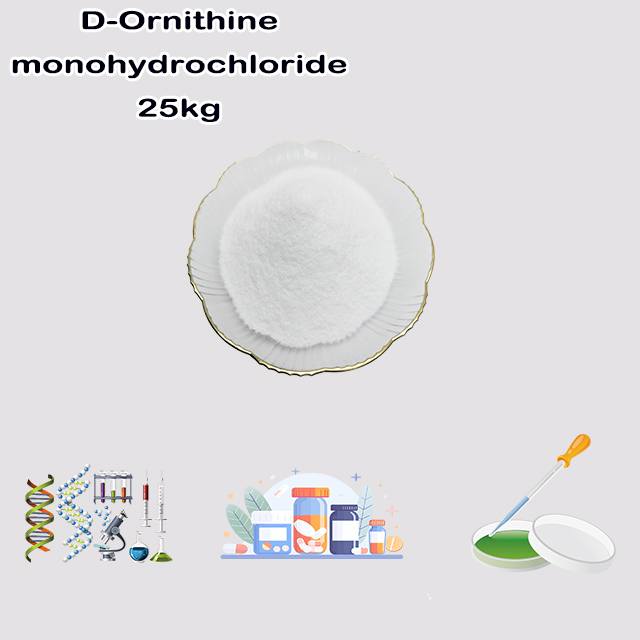
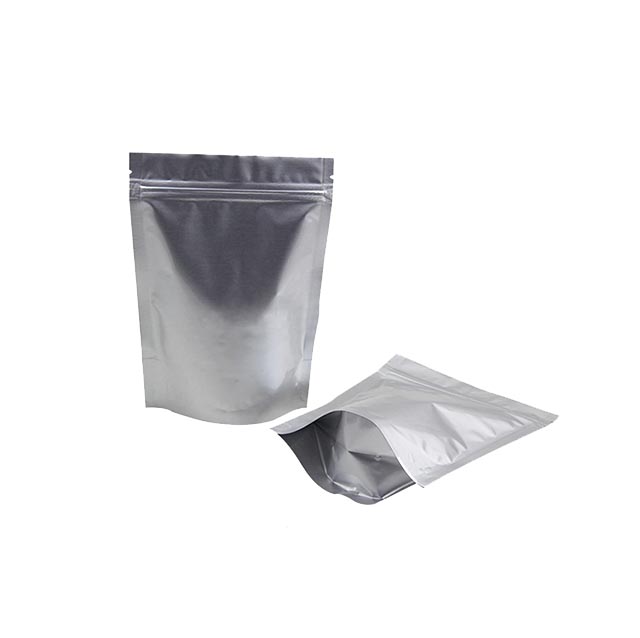
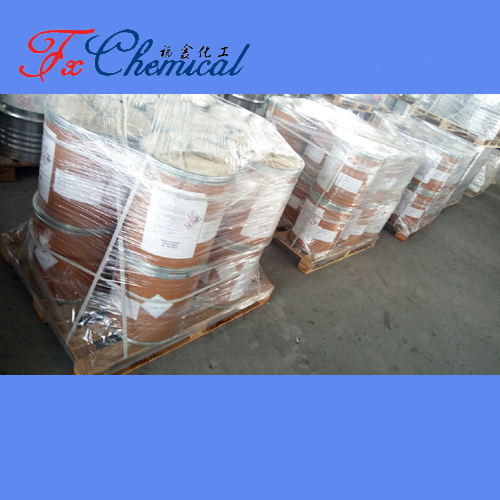
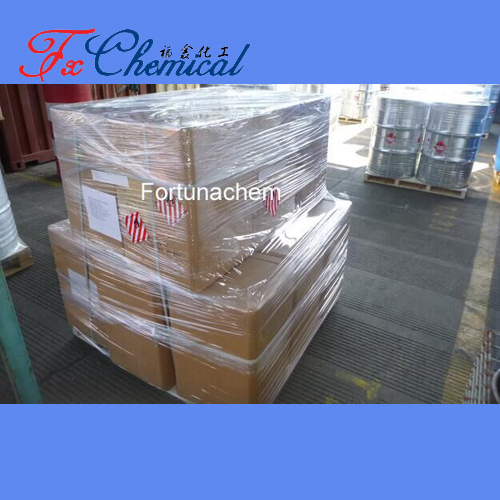
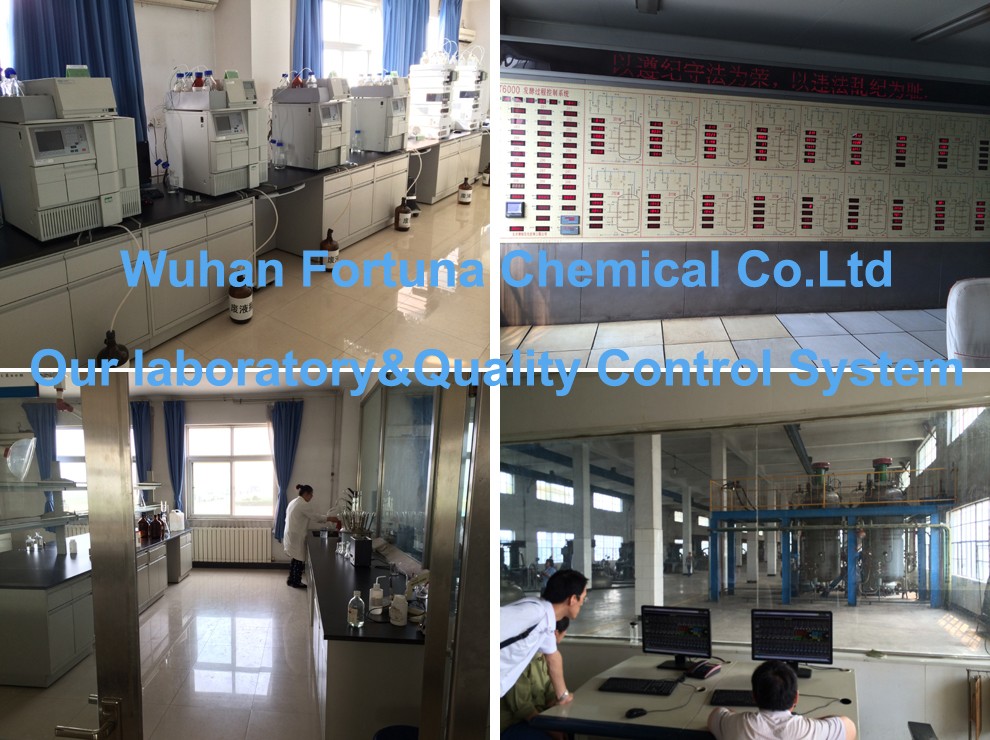





Here's a concise definition of D-Ornithine monohydrochloride:
D-Ornithine monohydrochloride (C₅H₁₃ClN₂O₂) is the hydrochloride salt of the D-enantiomer of the amino acid ornithine.
Key properties:
White crystalline powder, water-soluble.
Non-proteinogenic: Not used in human protein synthesis (vs. natural L-ornithine).
Chiral α-carbon with D-configuration.
Applications:
Biochemical research:
Probe for enzyme stereospecificity (e.g., ornithine decarboxylase).
Substrate for studying D-amino acid metabolism.
Chiral synthon: Building block for synthetic peptides.
Microbiology: Investigated in bacterial cell wall studies.
Note: Inactive in mammalian urea cycle (unlike L-ornithine). Primarily used in lab settings, not therapeutics.
Here's a concise overview of D-Ornithine monohydrochloride:
D-Ornithine monohydrochloride is the salt form of the non-proteinogenic D-enantiomer of the amino acid ornithine. Its chemical formula is C₅H₁₂N₂O₂·HCl.
Key properties:
White crystalline powder, soluble in water.
Chirality: D-configuration at the α-carbon (mirror image of natural L-ornithine).
Stability: Hydrochloride salt enhances shelf life and solubility.
Significance:
Not metabolized by human urea cycle enzymes (unlike L-ornithine).
Research applications:
Probe for enzyme stereospecificity (e.g., ornithine decarboxylase).
Chiral building block in peptide synthesis.
Substrate for microbial D-amino acid studies.
Not used in supplements/therapeutics (L-ornithine is bioactive).
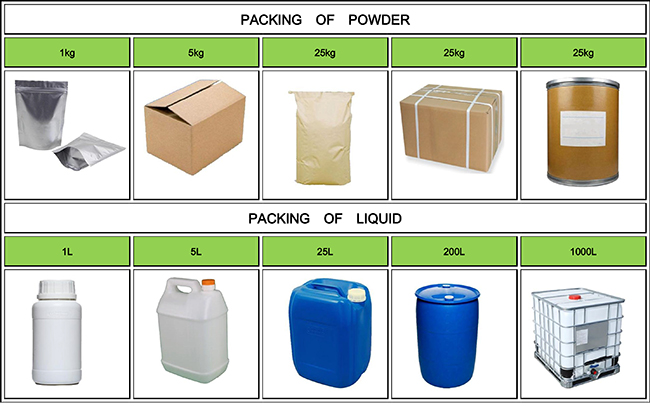

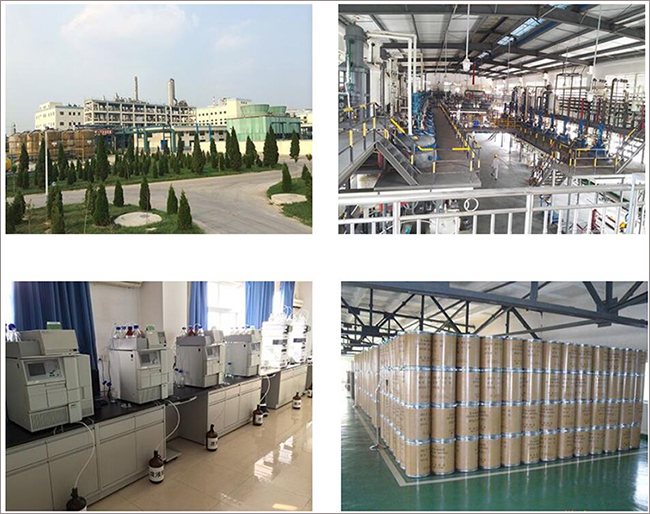

Fortunachem Provides Not Only Professional Chemical Products But Also Professional Help
Keeping you up-to-date with all the latest information, news, and events about Fortunachem!

Quick Links
Add:
E-mail:
 English
English  Español
Español  français
français  العربية
العربية 